Amid rising controversies, many are wondering about switching back to Windows 10
Windows 10 will become unsupported soon, so going back is risky
3 min. read
Published on
Read our disclosure page to find out how can you help Windows Report sustain the editorial team. Read more
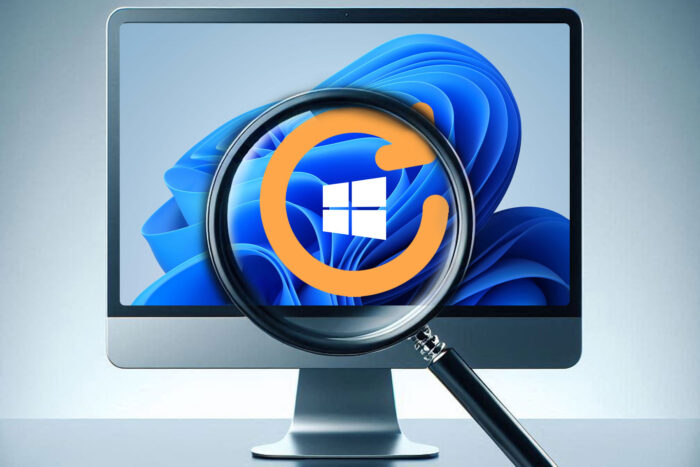
Windows 11 has been present for a while, but after a recent controversy, many users aren’t sure if they want to stick with it.
Some are even considering switching back to Windows 10, but should you switch back? Today we’re going to answer that.
Should you go back to Windows 10 or stick with 11?
Pushing of AI and ads is a problem for many
XDA Developers wrote about this recently, and many aren’t happy with the new interface. While we do miss the customizable Start Menu and Windows Tiles, the new interface is a breath of fresh air.
As always, Microsoft has been pushy with its ads, but you can easily disable ads in the Start Menu in Windows 11, and we have a great guide on it.

One valid criticism is the constant pushing of Copilot to its users, and many users said they want Copilot gone from Windows simply because this isn’t something that they use daily.
However, it seems that Microsoft isn’t listening to its users, and it’s testing starting Copilot with Windows, so you’ll be forced to run it whether you like it or not.
Windows Recall sparks privacy concerns
Recently, Microsoft announced the Windows Recall feature that records everything you do and allows you to back to it at any time.
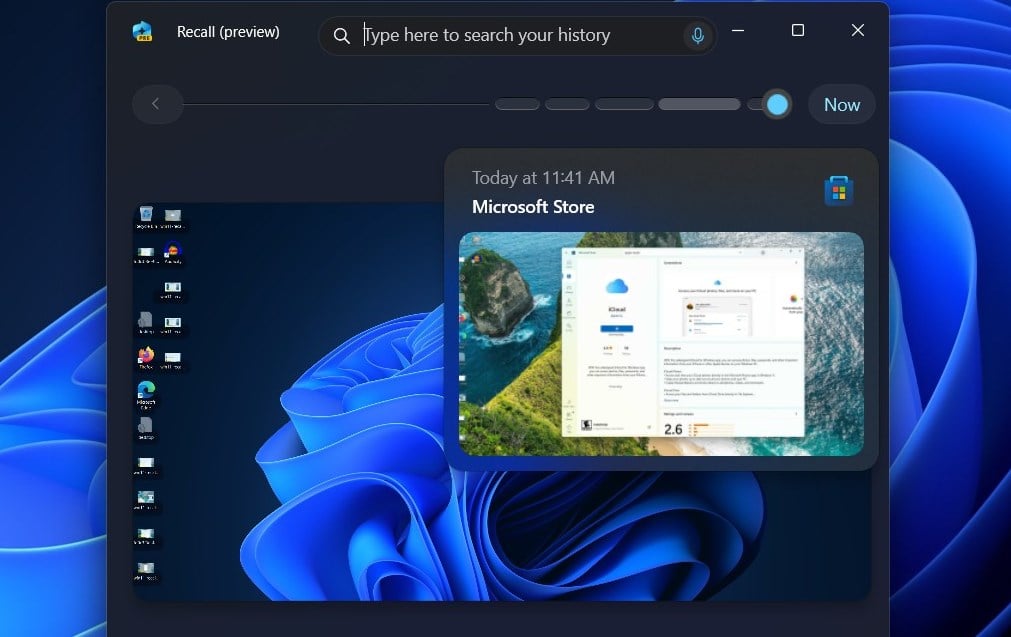
While there are claims that Windows Recall is harmless, keen-eyed users have found that Recall stores all the data in a plaintext database, making it unsafe.
This has users outraged with many threatening to switch to Linux. While their concerns are valid, it’s important to mention that this feature is available only to the newly announced Surface devices with Snapdragon Elite X CPUs.
With the end of support drawing near, Windows 10 will become vulnerable
The main reason why you shouldn’t continue using Windows 10 or switch back to it, is the lack of support from Microsoft.
The company plans to stop releasing security updates to it on October 14, 2025, meaning that your system will be vulnerable if you continue using it.
In case you haven’t noticed, Microsoft hasn’t released any new features for Windows 10 in a while now, so it’s certain that the company has focused entirely on the new OS.
Software developers and manufacturers are slowly dropping Windows 10
With the end of official support drawing near, software developers will slowly but surely drop support for Windows 10. This is already happening as AMD Zen 5 CPUs won’t support Windows 10 drivers.
It’s safe to say that Windows 10 isn’t future-proof, so if you’re planning to use new software or hardware on it, you might encounter compatibility issues.
So, should you go back? The short answer is no. Windows 10 will become unsafe to use after its end of support and the lack of support from software developers will make it unusable over time.
Even if you go back, Microsoft will bombard you with nag screens asking you to upgrade, so whether you like it or not, Windows 11 is here to stay.
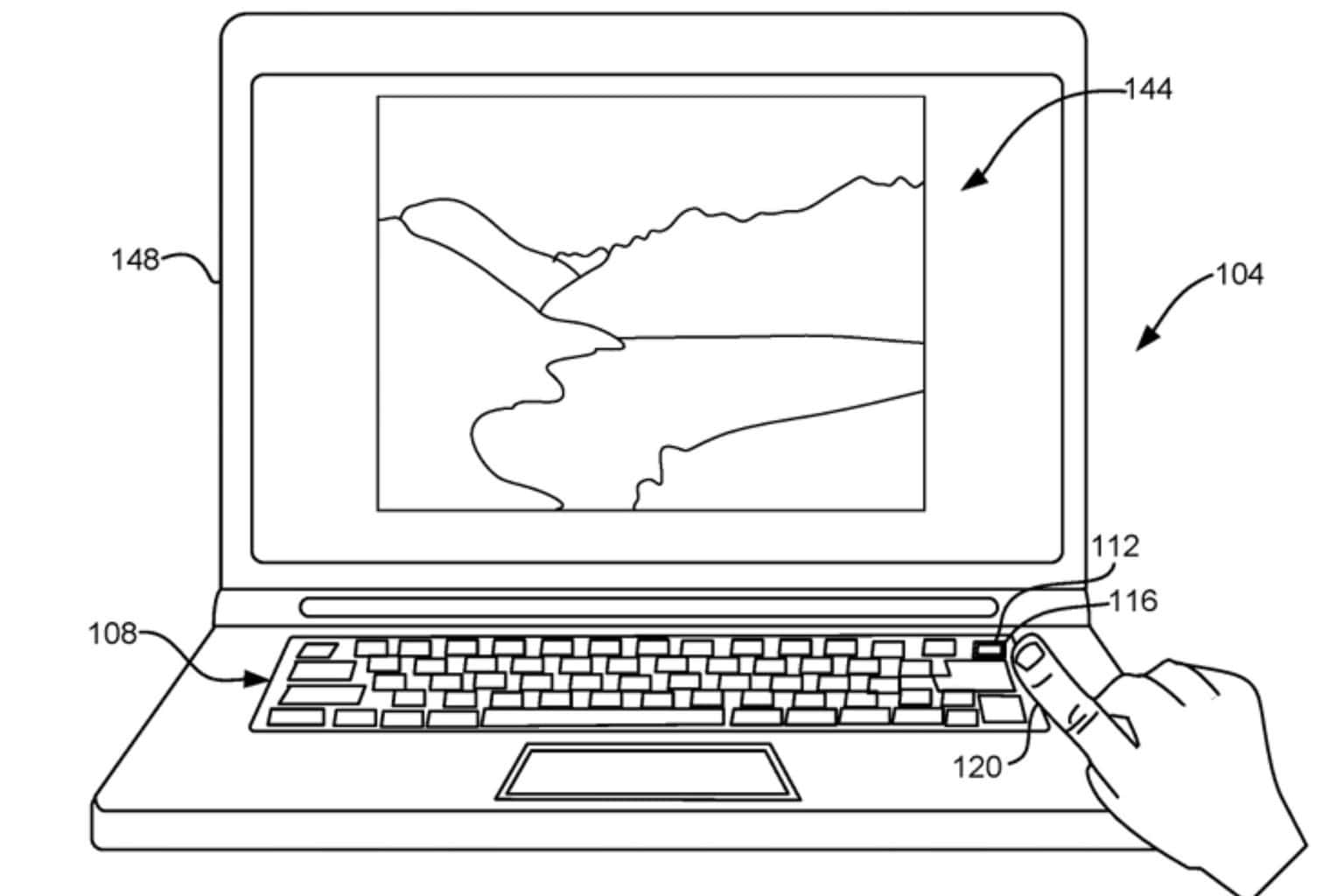
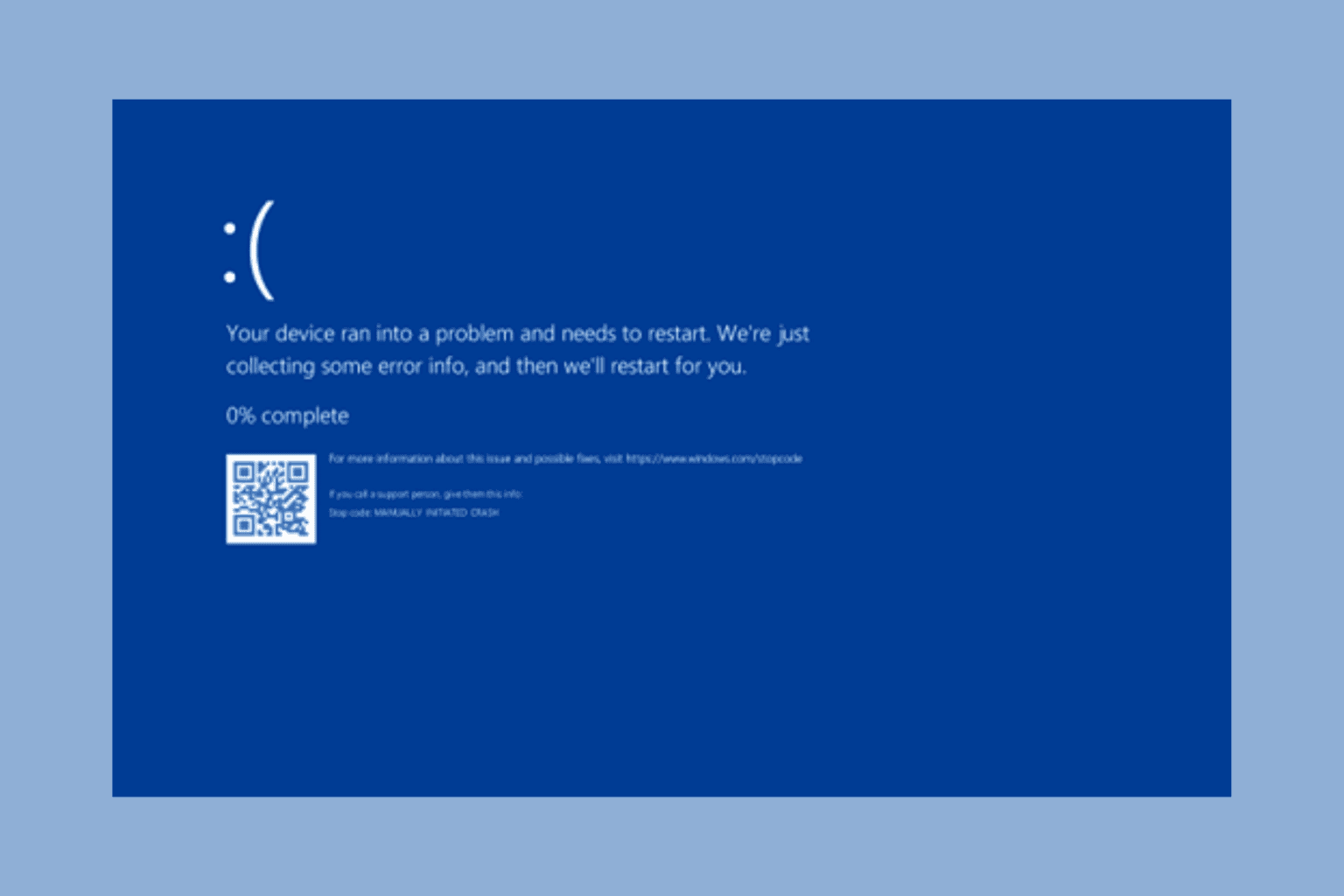
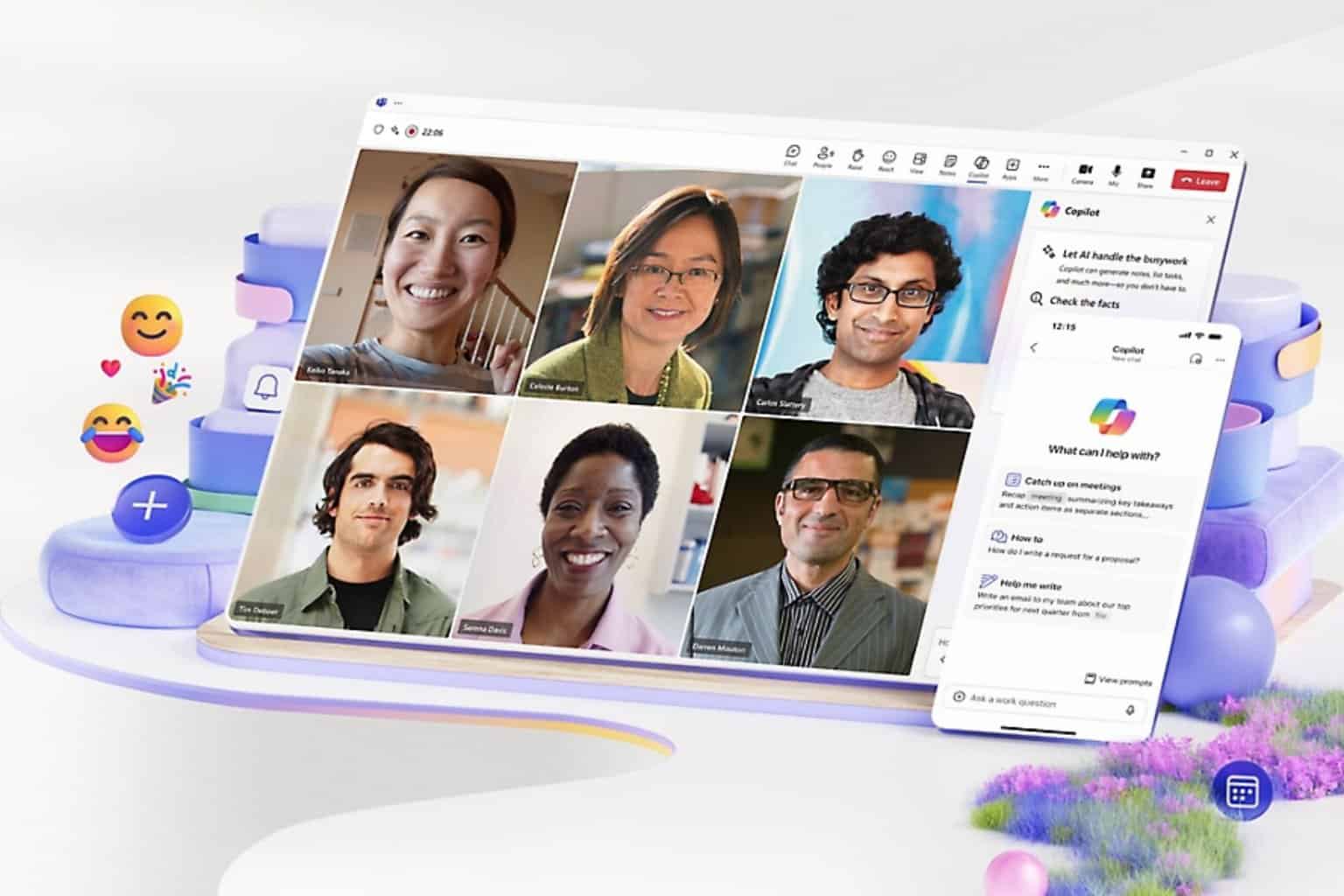
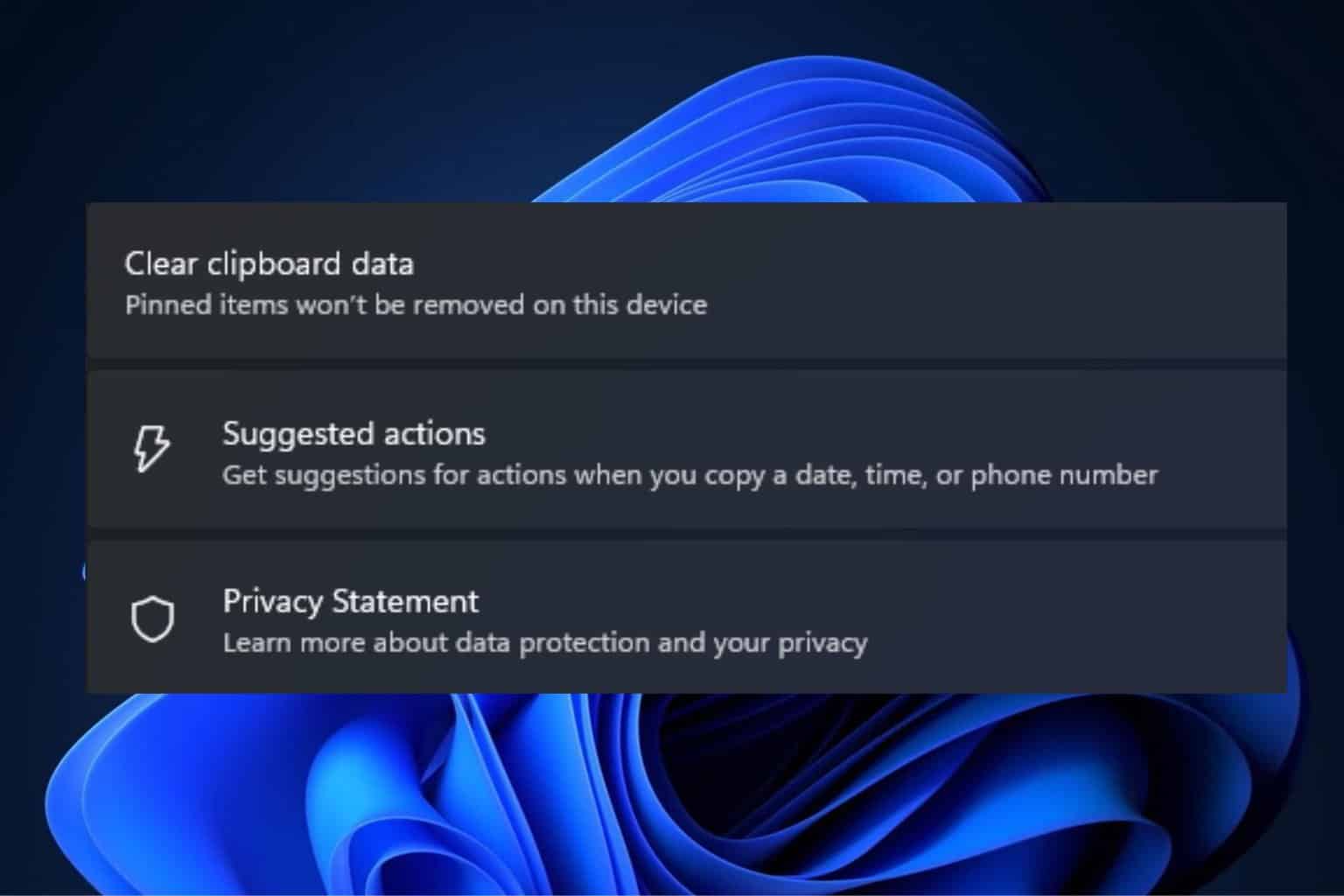
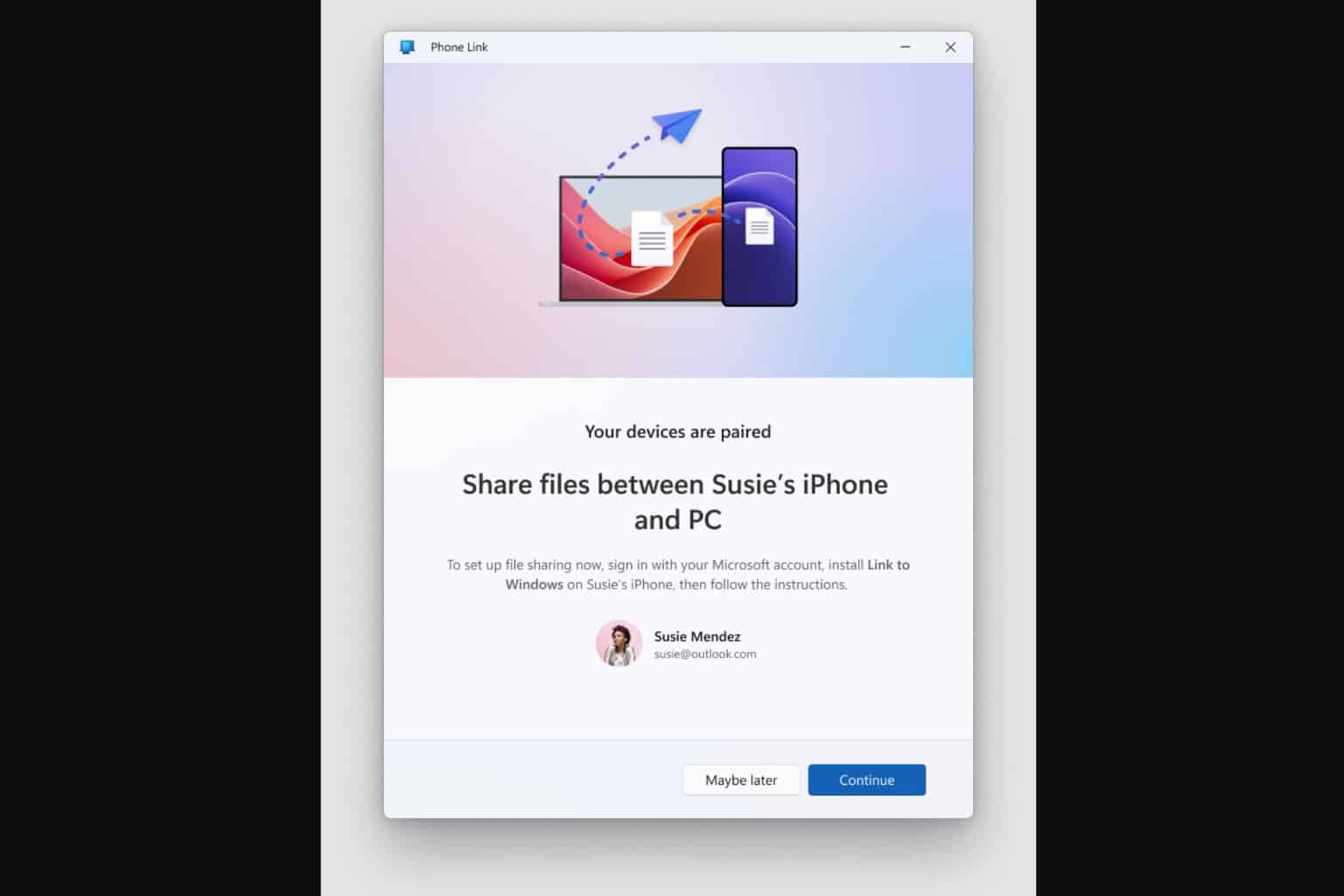
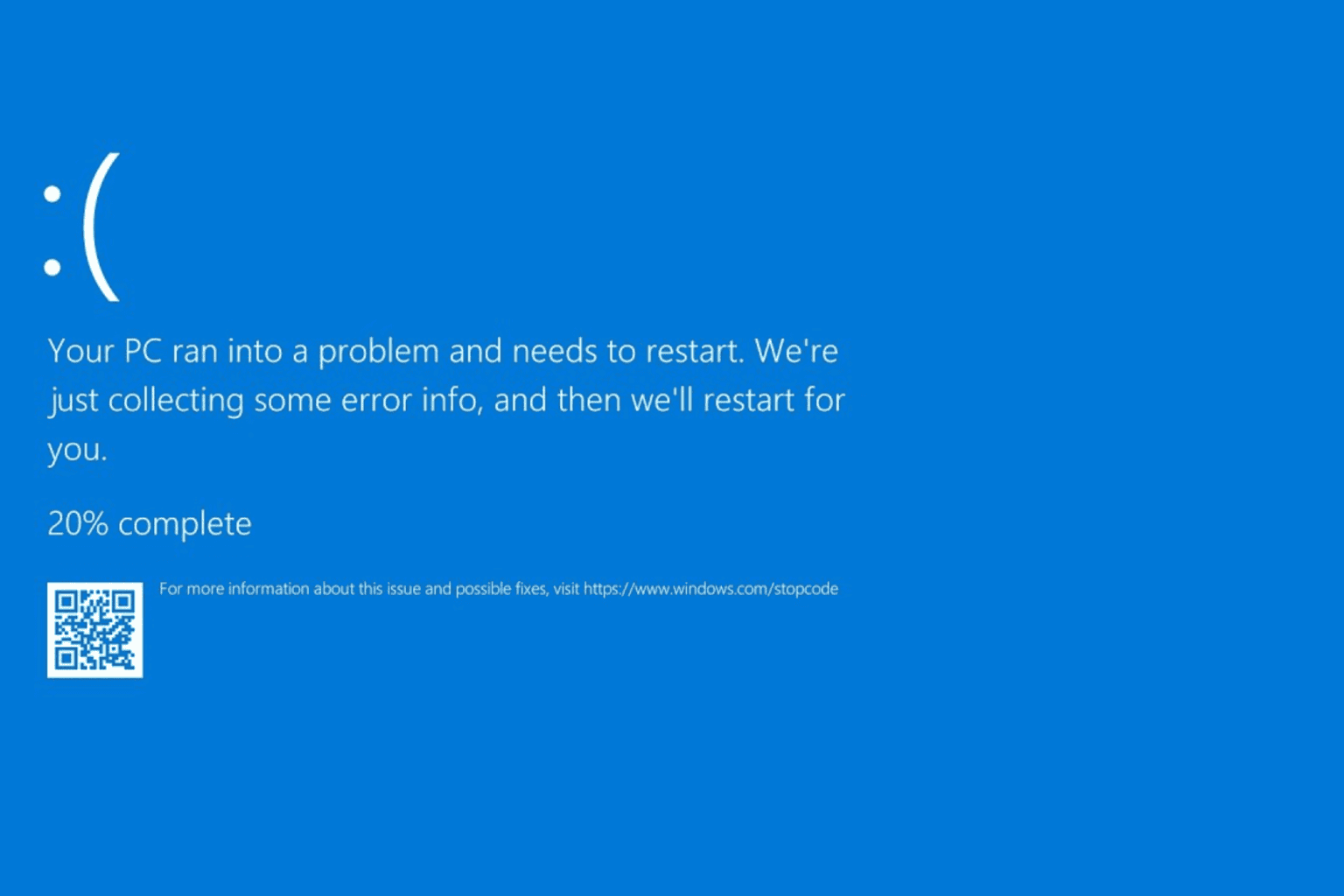
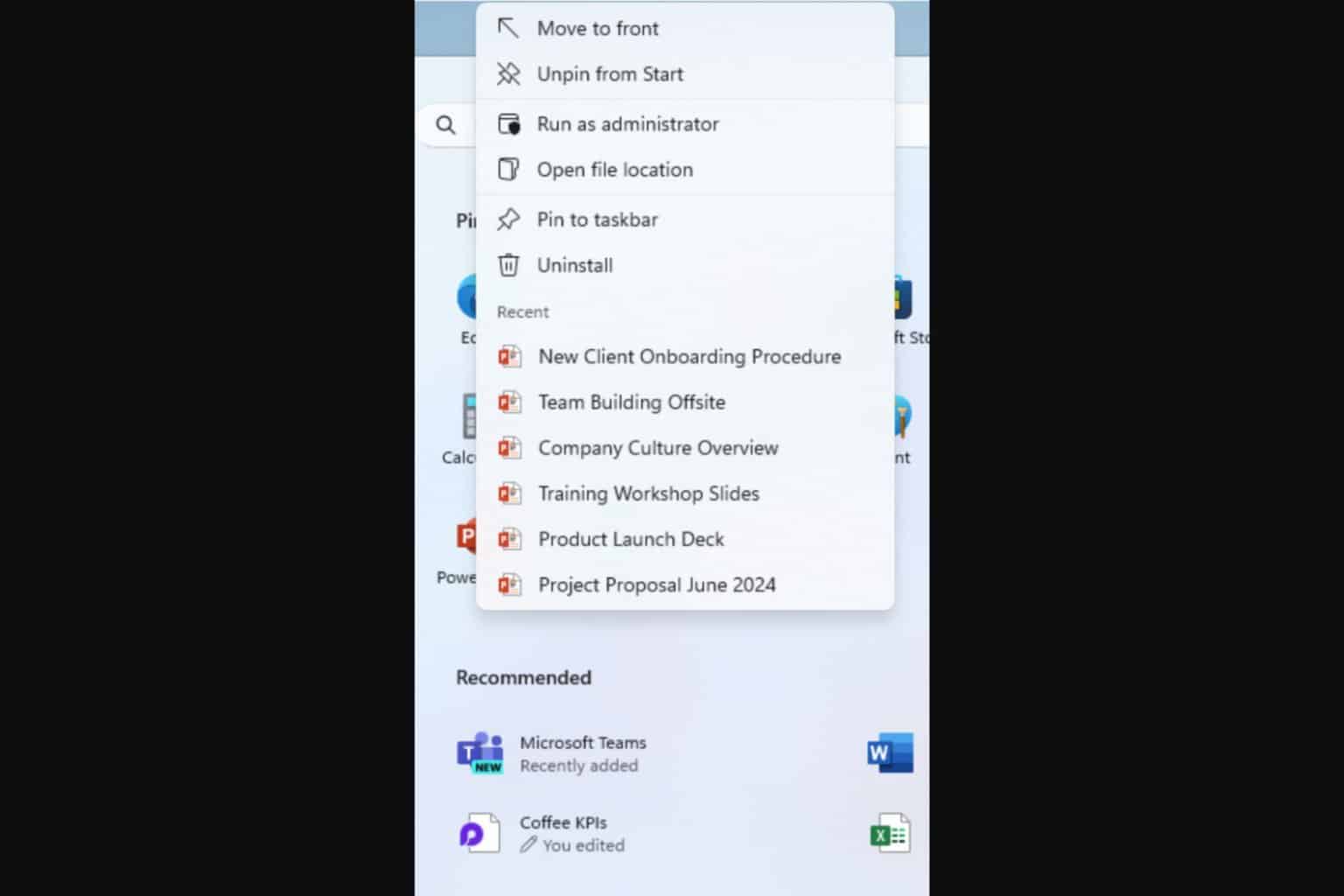
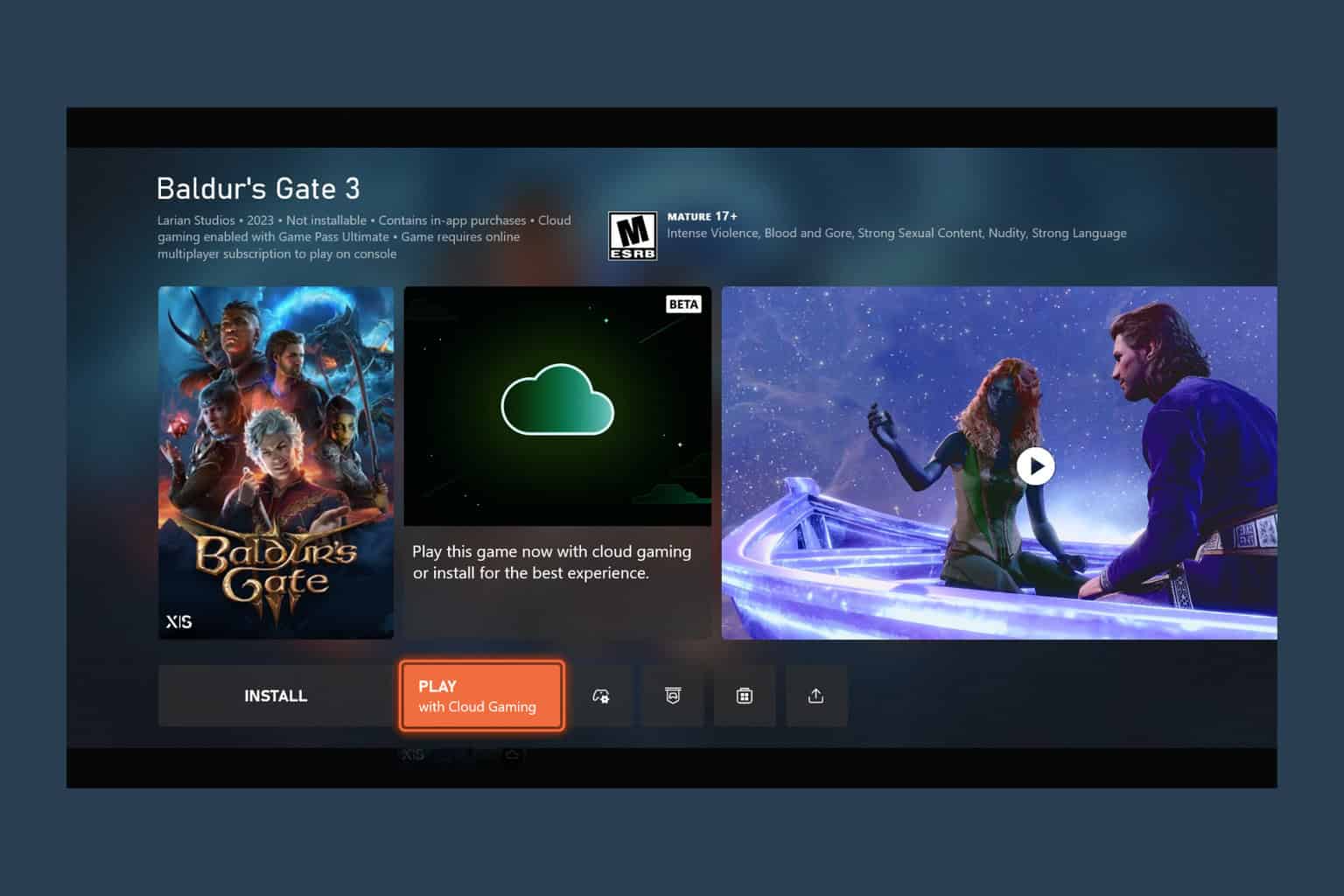
User forum
0 messages